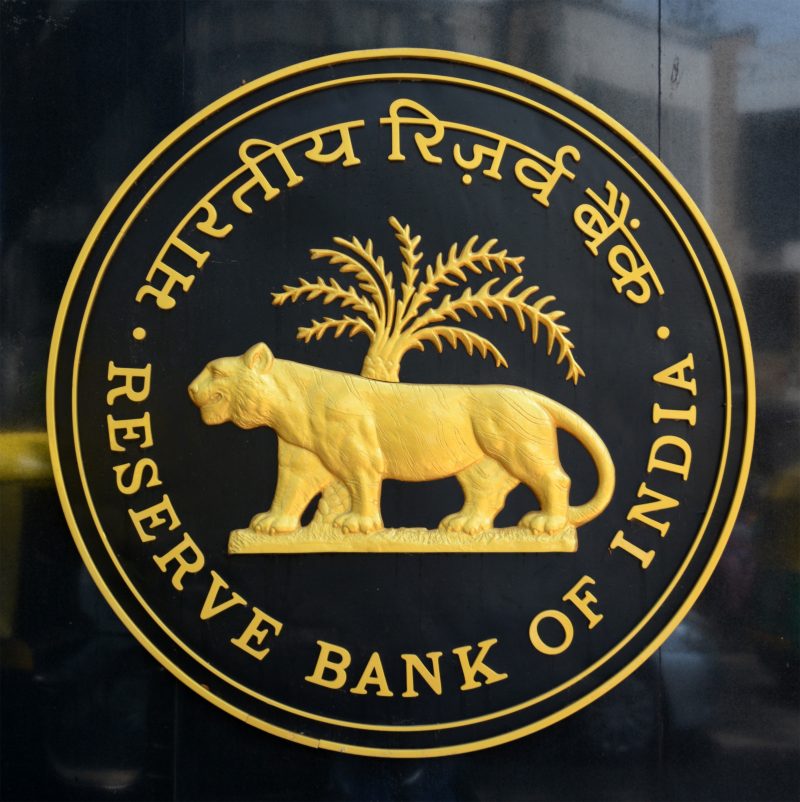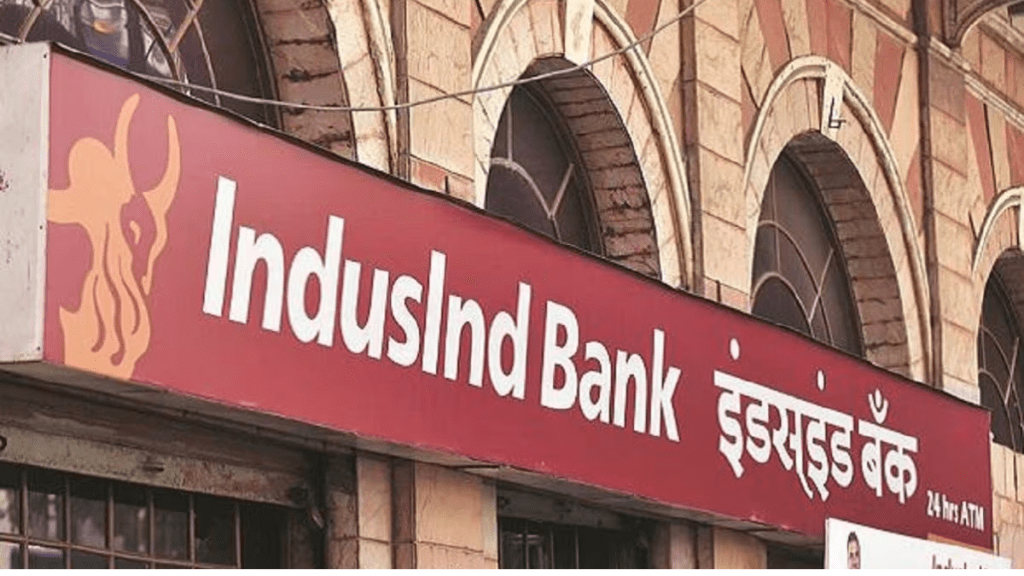

The Reserve Bank of India (RBI) has initiated a comprehensive review of derivative positions across the banking sector following the recent accounting discrepancies reported by IndusInd Bank. This move underscores the central bank’s commitment to ensuring transparency and stability within the financial system.
IndusInd Bank’s Derivative Discrepancy
IndusInd Bank, a prominent private sector lender, recently disclosed significant discrepancies in its foreign exchange derivatives portfolio. An internal review revealed that these accounting lapses could impact approximately 2.35% of the bank’s net worth, translating to a potential one-time loss estimated between ₹1,500 crore and ₹2,100 crore. This revelation led to a sharp decline in the bank’s share price, with a 27% drop observed in a single trading session.
RBI’s Sector-Wide Examination
In response to this incident, the RBI has embarked on an industry-wide assessment of banks’ derivative positions. The central bank aims to determine whether the issues identified at IndusInd Bank are isolated or indicative of a broader systemic concern. Banks have been instructed to provide detailed information regarding their hedging strategies and adherence to regulatory guidelines.
Implications for the Banking Sector
The RBI’s proactive approach highlights the importance of robust risk management practices within financial institutions. This scrutiny serves as a reminder for banks to maintain stringent internal controls, especially concerning complex financial instruments like derivatives. The outcome of this review could lead to enhanced regulatory measures to mitigate potential risks associated with derivative trading.
IndusInd Bank’s Response and Outlook
Despite the challenges posed by the accounting discrepancies, IndusInd Bank’s management has expressed confidence in the institution’s financial resilience. The bank’s CEO, Sumant Kathpalia, assured stakeholders that the bank expects to remain profitable in the upcoming quarter and that its Capital Adequacy Ratio will stay above 15%. Additionally, the bank has initiated corrective measures to address the identified lapses and strengthen its risk management framework.
Conclusion
The recent developments surrounding IndusInd Bank have prompted a sector-wide introspection led by the RBI. This initiative aims to reinforce the integrity and stability of India’s banking system by ensuring that all institutions adhere to prudent risk management and accounting practices.

